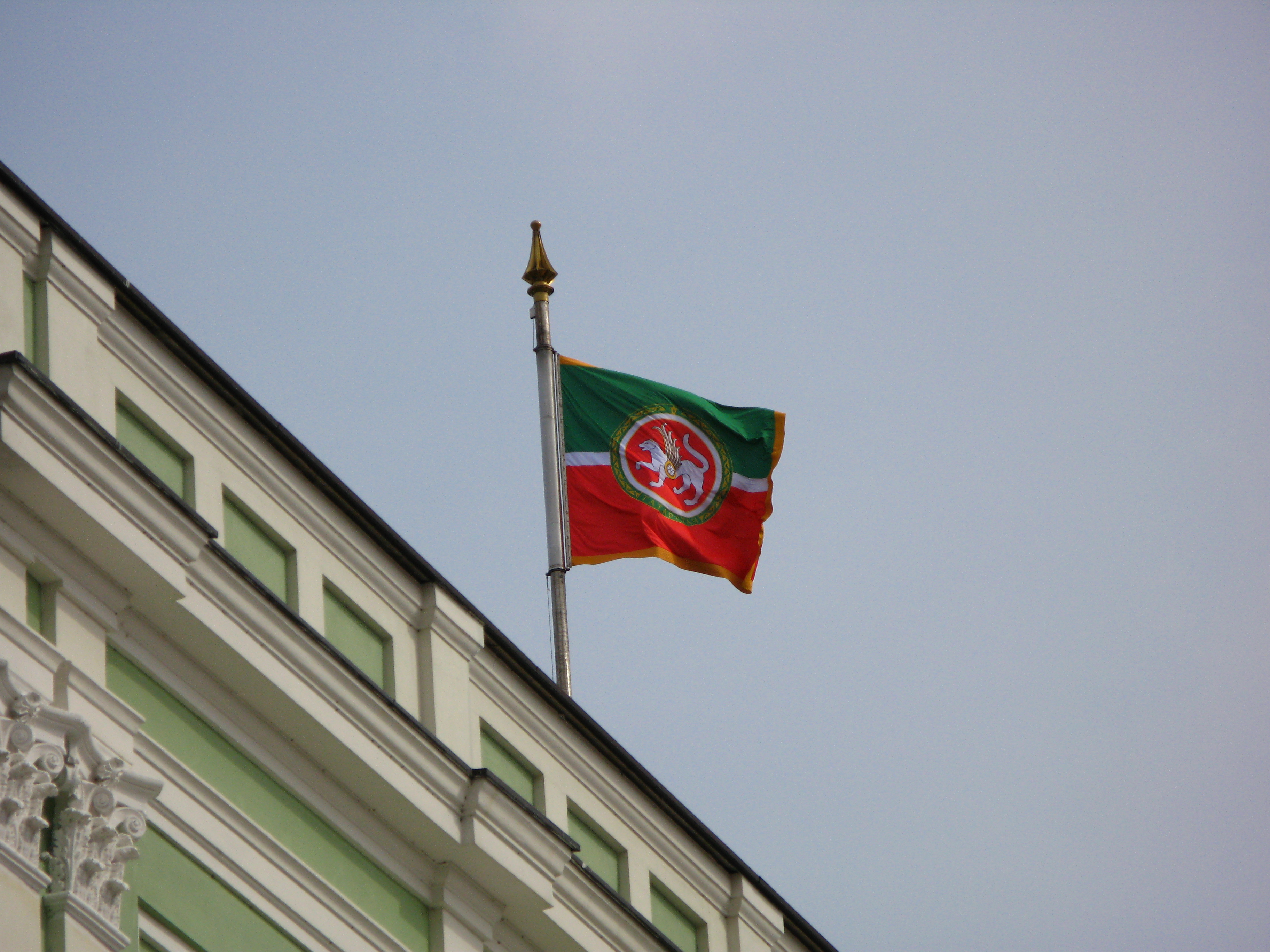
Kazan Denounced for Starting a New ‘Parade of Sovereignties’
Publication: Eurasia Daily Monitor Volume: 10 Issue: 150
By:

Pro-Moscow activists and commentators have been universally critical of Tatarstan’s new nationality policy concept, a document adopted on August 1, which defines Kazan as the chief protector of Tatar national culture and of ethnic Tatars wherever they live (see EDM, August 6). The more moderate critics have suggested that this is only the latest move on a political chessboard designed to force Moscow to bargain with Kazan and its elites. But the more radical are now describing that document in more disparaging terms, arguing it opens the way to a new “parade of sovereignties,” which had threatened to tear the Russian Federation apart in the early 1990s and could achieve that end now or in the future.
Gleb Postnov, the Kazan correspondent of Nezavisimaya Gazeta, who has often been criticized by Tatars for his pro-Moscow coverage, led off this discussion by arguing that many in Tatarstan, including presumably himself, had hoped that Tatarstani President Rustam Minnikhanov would carry out very different policies than his nationalist predecessor Mintimer Shaimiev and become “the symbol of hope for those who are sharply inclined against separatist attitudes and the independence of Tatarstan”(ng.ru/regions/2013-08-08/3_kartblansh.html).
Unfortunately, he continued, Minnikhanov’s policies have disappointed this hope because the current Tatarstani president’s “new political course is little different” from Shaimiev’s. He too is ready to “play the national card” against Moscow “in order to obtain maximum political freedoms” for the Tatar elite “in exchange for the liquidation of a spectral separatist threat or any real effort to unite compatriots.”
Other activists and specialists were much more reproachful and argued that the policy document represents even more than just an effort by Kazan to prepare the way for its own national independence. Such moves, these writers suggest, could trigger a new “parade of sovereignties” that could shake the Russian Federation. The clear implication of their remarks is that Moscow should move quickly to suppress what Tatarstan’s authorities have done before it spreads (regnum.ru/news/fd-volga/tatarstan/1691984.html and apn.ru/publications/article29782.htm).
Nevertheless, there are clear indications that the ideas contained in Tatarstan’s concept paper reflect more than just the feelings in that republic. An indication of that was provided by the remarks of Viktor Stepanov, who headed the Supreme Soviet of the Karelian Autonomist Soviet Socialist Republic (ASSR) in 1990 when that republic adopted its declaration on state sovereignty, in an interview published last Friday (August 9) in Petrozavodsk. In the article entitled “How Karelia Took as Much Sovereignty as It Wanted,” Stepanov recalls that the parade of sovereignties in the Russian Soviet Federative Socialist Republic (RSFSR) was the result less of Boris Yeltsin’s famous call in Kazan for republics to take as much sovereignty “as they can swallow” than by the lack of equality between autonomous republics within the RSFSR and union republics. It seemed “nonsensical,” Stepanov says, that “little Estonia, with a population of one million people, had more authority than five-million strong Tatarstan” (stolica.onego.ru/articles/210464.html).
The leaders of the non-Russian autonomous republics thus wanted equality. But adding to their sense of urgency about the need to have it was an awareness that “in the Yeltsin entourage there had appeared people who […] were propagandizing the idea of the unitarization of Russia—that is, the liquidation of all republics” within its borders.
After the Soviet Union came apart, Stepanov was one of the authors of the Russian Federal Treaty, a document that is part of the 1993 Russian Constitution but that is almost completely ignored given Vladimir Putin’s drive to create a power vertical. “But you know,” Stepanov continued, “in Russia up to now there is a battle between two ideological directions in the political elite.”
“Some would like to return to a unitary and even totalitarian state,” Stepanov added, and this tendency is reflected in many new laws. But there is also another, the federalist direction, which insists on a just and equal delimitation of authority between the federal center and the subjects of the federation.” According to the former Karelian ASSR official, “the future of Russia depends on which of these tendencies comes out on top.”
The current absence of budgetary federalism and the fact that only Mordvinia and Tatarstan participate in the Assembly of European Regions are regrettable, Stepanov said. But the 1990 Karelian declaration remains a “positive” development not only because it sought to promote a federation based on equality but also marked an important juncture in “the civic awakening” of the people of Karelia. That awakening, he concluded, by itself will be sufficient to block “current efforts to create some kind of party monopoly” there.
The existence of such attitudes in Karelia, a republic not particularly known for ethnic activism, suggests that Moscow will soon face precisely the second edition of a parade of sovereignties it fears—and those behind that development now understand the stakes involved far better than they did two decades ago.




